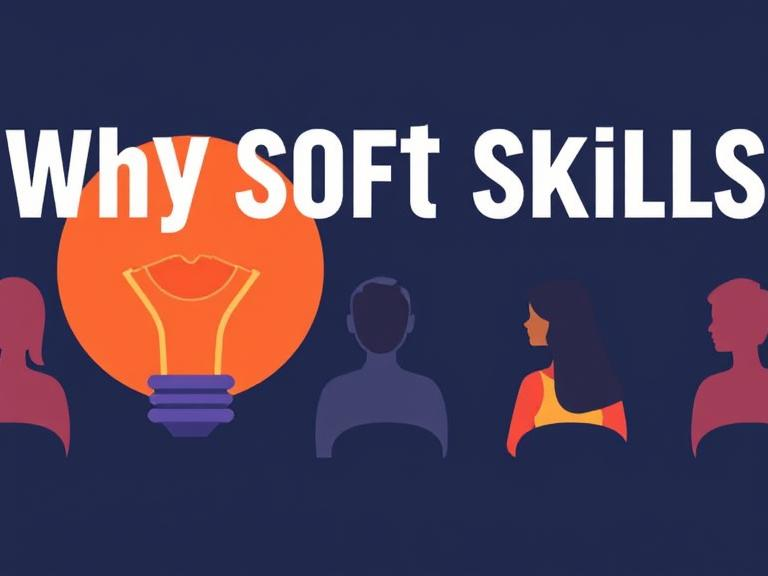While technical and academic knowledge remains important, soft skills are increasingly recognized as essential for success in both professional and personal life. These include communication, empathy, teamwork, time management, adaptability, and critical thinking. Yet, many courses—especially online—still overlook them.
Why Soft Skills Matter:
- Workplace Relevance: Employers consistently rank soft skills as crucial hiring factors, sometimes even more than technical expertise.
- Better Learning Outcomes: Students with strong communication and collaboration skills tend to perform better in group assignments and peer learning environments.
- Improved Retention: Teaching emotional intelligence and stress management contributes to greater resilience and academic persistence.
- Versatility: Soft skills apply to every industry, from healthcare to technology, making them universally valuable.
How to Integrate Soft Skills into Any Course:
- Include Group Projects: Collaboration encourages teamwork and communication.
- Encourage Presentations: Public speaking builds confidence and articulation.
- Provide Constructive Peer Reviews: This teaches diplomacy and feedback etiquette.
- Use Real-Life Scenarios: Simulations foster problem-solving and adaptability.
Educators should intentionally design courses that not only convey hard knowledge but also support the development of the whole learner. Adding even simple soft skills elements can dramatically enhance the long-term impact of any educational program.






